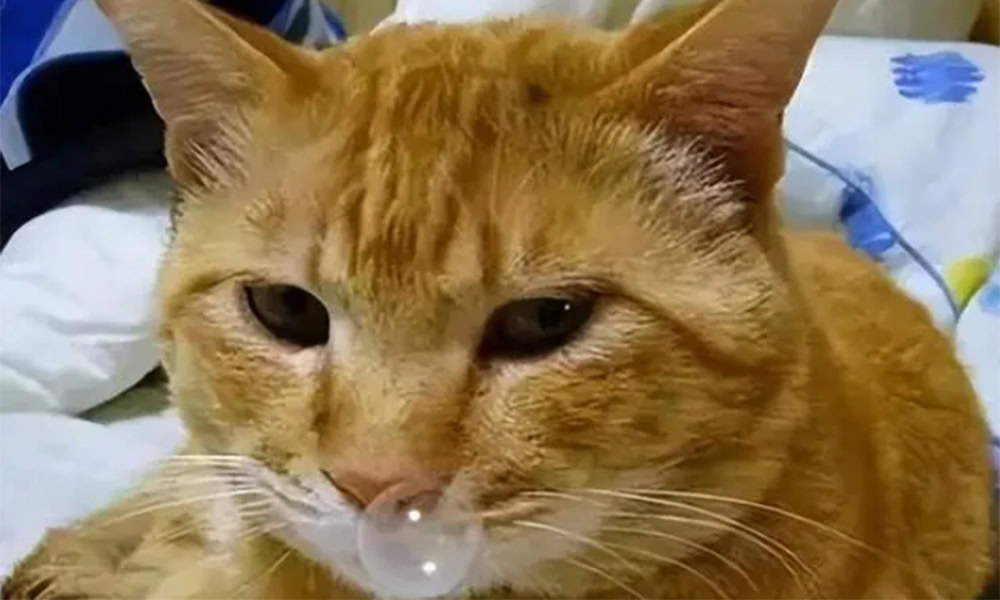Cats - Are They Actually That Independent?
We all have a tendency to assume cats love flying solo—but let’s be real, that’s now not usually the case. Sure, they don’t crave steady interest like puppies do, however they nonetheless want love and a little agency now and then.
Think about it: wild cats regularly stick collectively in corporations for safety, and our residence cats nevertheless have a bit of that team intuition left in them. They may no longer beg for pets 24/7, however depart them feeling left out for too long, and they’ll begin to get lonely.
Signs Your Cat Might Be Lonely or Sad
Keep an eye out for these little conduct shifts—they’re your cat’s way of pronouncing something’s off:
Eating changes: Either skipping ingredients altogether or scarfing down way greater than usual. More frequently than not, this is a signal they’re stressed.
Potty troubles: If they begin peeing backyard the litter box, don’t simply expect it’s misbehavior. It ought to be stress or sadness—but continually take a look at with a vet first to rule out any fitness issues.
Destructive habits: Scratching your couch or partitions way greater than normal? That’s probable them letting out some frustration.
Overly clingy behavior: Following you from room to room, or meowing nonstop when you leave? They may be feeling insecure.
Hiding away: If they’re abruptly heading off you or different pets, that’s a massive crimson flag—cats don’t isolate themselves for no reason.
Obsessive grooming: Licking one spot over and over till it’s bald? That’s nearly continually a signal of anxiety.
How to Help Your Cat Feel Happier
You don’t want some thing fancy—small, constant efforts go a lengthy way:
Carve out every day playtime: Even 15 to 30 minutes a day makes a difference. Grab their favourite toys—feather wands or laser pointers generally work—and let them pounce. It’s now not simply fun; it makes them experience cherished and seen.
Leave out attractive toys: Puzzle feeders or balls they can bat round on their very own maintain their minds busy whilst you’re at work or walking errands. No extra bored (and grumpy) kitties.
Make a cosy secure spot: Set up a tender mattress close to a window so they can watch birds or passersby—cats love people-watching! Toss a blanket that smells like you on it, too; the acquainted scent will assist them experience calm.
Try calming tools: Plug-in diffusers with cat pheromones (like Feliway) can take the part off their stress—they’re subtle, however loads of cats reply sincerely nicely to them.
Stick to a routine: Cats hate surprises! Feed them, play with them, and even easy their litter container at the identical instances each and every day. Knowing what to anticipate helps them experience secure.
Should You Get a Second Cat?
It’s a frequent thought—but solely if your cat is truly cool with different felines. Some cats are complete homebodies who hate sharing their space, and that’s okay. If you’re on the fence, here’s how to check the waters:
Foster first: Try bringing a brief cat into your domestic for a few weeks. See how your cat reacts—do they sniff, play, or hiss? That’ll tell you a lot.
Choose the proper match: If you do figure out to adopt, go for a calm cat round the identical age as your modern one. Kittens can be way too lively for older cats, which would possibly simply stress all people out.
Take it slow: Keep the new cat in a separate room at first. Swap their bedding each and every few days so they get used to every other’s smells earlier than they meet face-to-face.
Know when to stop: If they’re fighting, hiding more, or performing scared, don’t force it. Not all cats want a furry friend—and that’s completely fine.
Cats aren’t almost as solitary as we make them out to be. They want a little of your time and interest each and every day to sense their best. Pay interest to these small conduct changes—they’re your cat’s quiet way of saying, “I’m now not doing great.” If you’ve tried new toys, routines, or even a calm playmate and they’re nevertheless searching down, take a look at in with a vet. Sometimes, a little scientific assist or a chat with a cat conduct specialist is all it takes to get them lower back to their happy, purring selves.


